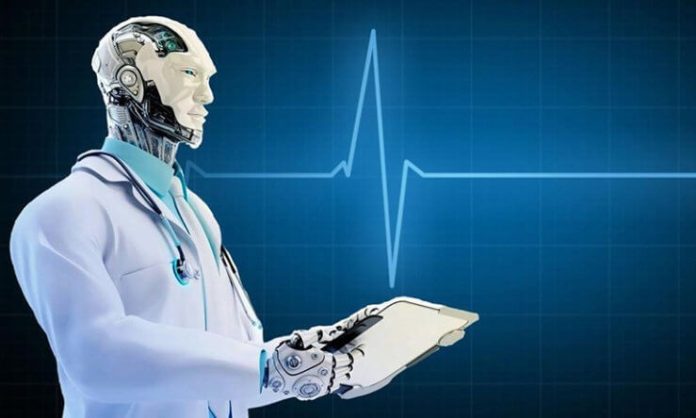Artificial intelligence is increasingly making waves in the medical field, particularly in the detection of prostate cancer. A recent study conducted by UCLA has revealed that AI can outperform doctors in identifying this common cancer in men. According to the study, an AI tool called Unfold AI, developed by Avenda Health, was able to detect prostate cancer with an 84% accuracy rate, significantly higher than the 67% accuracy achieved by physicians.
Unfold AI, which recently received clearance from the US Food and Drug Administration, employs an advanced AI algorithm to analyze various types of clinical data and create a 3D cancer estimation map. This innovative tool was put to the test against human experts in the study, where seven urologists and three radiologists examined 50 cases of prostate cancer to identify residual cancer after tumor removal. Months later, Unfold AI performed the same analysis, showcasing a “negative margin rate” 45 times greater than that of the human experts, indicating a significantly lower chance of leaving cancerous tissue behind.
Dr. Ali Kasraeian, a urologist at Kasraeian Urology in Jacksonville, Florida, integrates Unfold AI into his practice. He explained, “The AI takes the information that we currently have about a patient’s prostate cancer — like their pathology, imaging, and biopsy results — and creates a 3D cancer estimation map.” This comprehensive approach allows doctors to tailor treatment plans more effectively, potentially opting for focal therapies over more invasive procedures such as radical prostatectomy or radiation therapy.
One of the study’s significant contributors, Joshua Trachenberg, Ph.D., a professor of neurobiology at UCLA and a prostate cancer patient himself, shared his personal experience with Unfold AI. After being diagnosed with a slow-growing tumor, Trachenberg sought alternatives to total gland removal. “I got in touch with a team at UCLA, where I also am a faculty member, that was exploring alternate treatments to total gland removal,” he recounted. Utilizing Unfold AI, the team was able to create a detailed 3D map of his prostate, facilitating a focused treatment that spared healthy tissue. Trachenberg is now cancer-free and avoided the drastic measures initially recommended.
Despite these promising results, some experts urge caution. Dr. Harvey Castro, a board-certified emergency medicine physician, emphasized the importance of quality data in AI training. “Poor data can lead to inaccurate diagnoses,” he warned, adding that AI should serve as a complement to, not a replacement for, the clinical judgment of healthcare professionals.
Privacy and cost concerns also loom over the widespread adoption of AI technologies in medicine. Ensuring stringent data protection measures is crucial for maintaining patient trust and confidentiality. Moreover, the financial barriers associated with AI tools can limit accessibility, as highlighted by Dr. Kasraeian. He expressed hope that the study would prompt efforts to make these innovations more accessible to both doctors and patients.
As AI continues to advance, it holds great promise for the future of prostate cancer treatment, offering more accurate diagnoses and personalized therapies that could spare patients from the severe side effects of traditional treatments. However, the integration of AI into medical practice must be approached with careful consideration of its limitations and potential risks.








